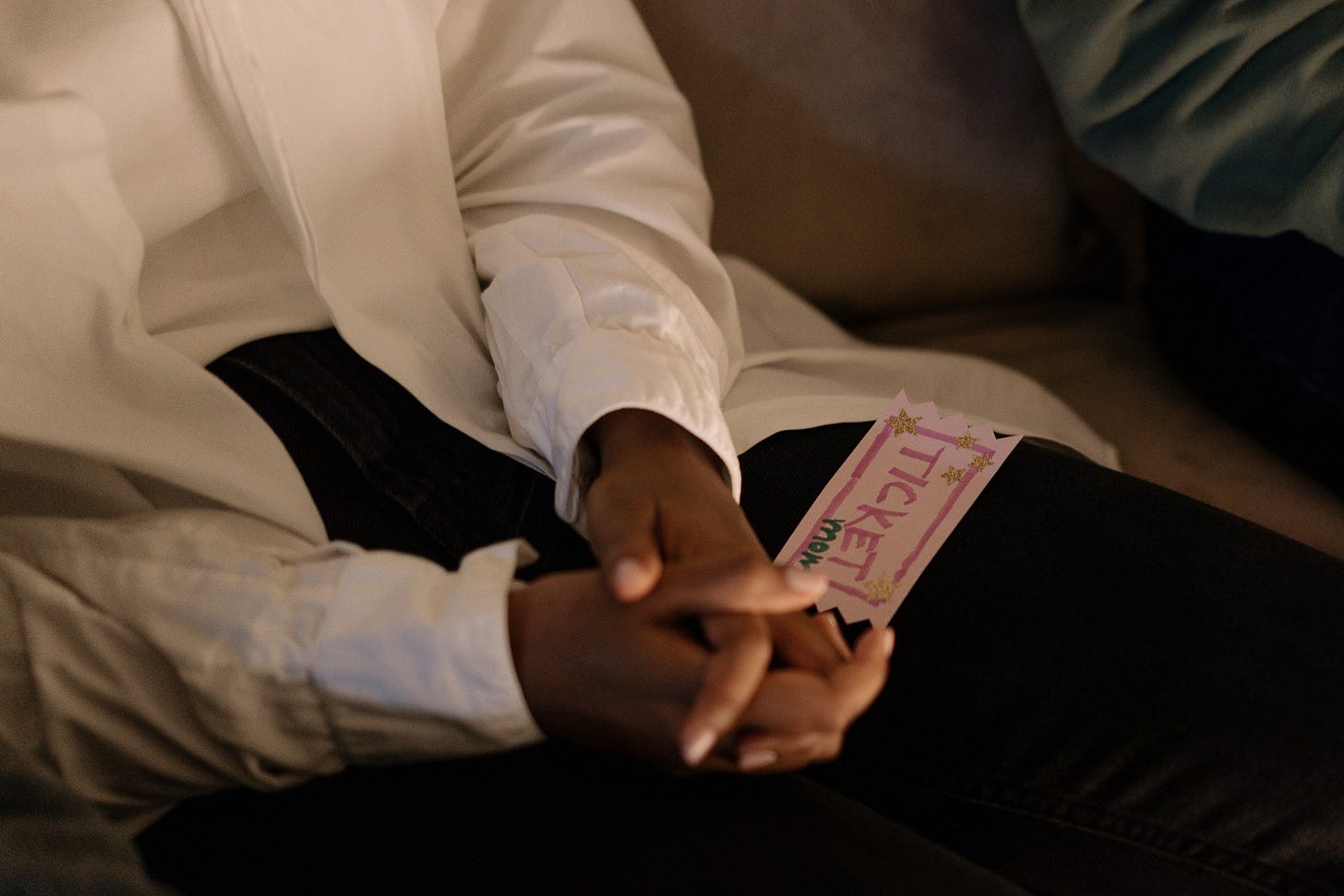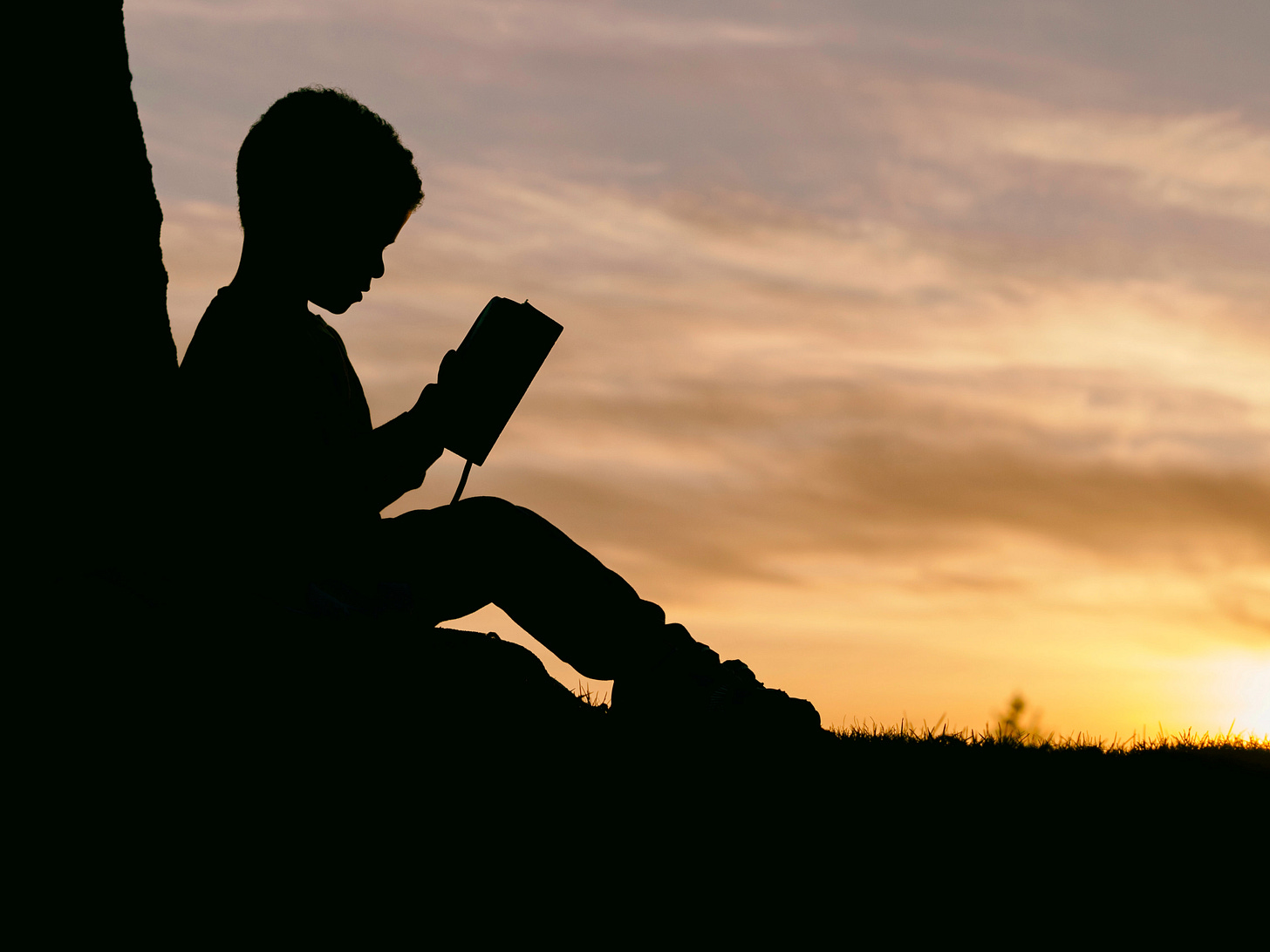Censorship
Considering banned works in the wake of the Dahl media storm
As a lover of the written word, I was interested to read about the furore over the newly edited editions of the Roald Dahl classics last week.
Just in case you haven’t read about it all over the British media, the issue has arisen as Puffin books, an imprint of Penguin Random House, announced plans to make changes to the new editions of some of Dahl’s classic titles such as Charlie and the Chocolate Factory, The Twits, James and the Giant Peach, and The Witches.
Some of the suggested changes will see the Oompa Loompas becoming gender neutral and referred to as ‘small people’ rather than ‘small men’, the removal of ‘ugly’ from descriptions of Mrs Twit, and Augustus Gloop becoming ‘enormous’ rather than ‘fat’.
Puffin stated that they have hired ‘sensitivity readers’ in conjunction with Inclusive Minds, a collective designed to allow for inclusion and accessibility within children’s literature, to check the late author’s works, allowing them to become more acceptable for all in the present day, including removing gender specific titles to allow for a more gender-neutral reading.
Although a spokesperson for the Roald Dahl Story Company have reportedly pointed out that it isn’t unusual to review the language of classic books when issuing a new print run, the changes and their implications have caused an outcry on the literary internet.
Famous names from the Queen Consort and the UK Prime Minister, to the author Salman Rushdie have weighed in offering their disapproval of the changes, with other commentators claiming the changes make sense. Singer-songwriter and well-known activist Billy Bragg declared his support on social media, claiming that planned changes such as the removal of the wig-wearing Witches in Dahl’s book could help children whose parent may be going through chemotherapy.
In what appears a peace offering, Puffin have responded to the argument by announcing plans to also release a ‘Classic Collection’ of the books, which will feature the original language. The newly updated collection, they state, ‘are designed for children who may be navigating written content independently for the first time’, acknowledging ‘the importance of keeping Dahl’s classic texts in print’. This has caused more consternation online, with critics pointing out that, not only have Puffin benefited from the media publicity of this issue, but they will now make profit from releasing two collections of the stories.
Such is the nature of internet culture. But the story brought to mind the idea of censorship within literature, and the difficulties of navigating this space within the new, ultra-aware gaze.
Books and literature have been banned or censored as long as they have been written. Many writers, such as Judy Blume, the hero of any adolescent girl growing up in the 1980’s, have seen their books banned for many years and have campaigned against such censorship.
I was further staggered to discover that often topping the list of the highest ranked banned authors in the US is Maya Angelou, with the first in her series of 5 autobiographies, I Know Why the Caged Bird Sings, released in 1969, being repeatedly banned in some states. The book contains an honest description of Angelou’s rape by her mother’s boyfriend, descriptions of sexuality, and of course, examinations of racism. This is one of the books I remember studying for A level English Literature, and thinking it should form part of every school syllabus.
One of my favourite classic books studied as an Undergraduate was The Awakening by Kate Chopin. The short novel caused much controversy on its release at the fin de siècle in 1899 and was a banned book for many years. The book features a married woman and mother named Edna Pontellier living in New Orleans. Growing tired of the constraints of her sex, Edna searches for meaningful relationships outside of her marriage, as well as looking to earn money from her art. She challenges the cultural roles of marriage and motherhood and re-claims her own sexuality and desire, as well as her independence.
The book was banned for decades, with the public and reviewers describing it as ‘poison’. Chopin’s bravery at bringing the reading public a controversial female protagonist was not rewarded: she did not publish another novel following the banning of The Awakening, and struggled to get more of her short stories published. Sadly, Chopin died five years after the release of the book, and duly fell into obscurity until a Norwegian literary scholar rediscovered her work in the 1960s, leading to The Awakening being regarded as a landmark in feminist fiction.
Meanwhile, in 1928, a literary classic was published which was later to be considered the first lesbian novel. Radclyffe Hall wrote The Well of Loneliness as a semi-autobiographical novel exploring a young female protagonists’ acceptance of her own lesbian identity. Copies of the novel were seized and accused of violating the Obscene Publications Act of 1857, with a British Court finding it obscene because it defended ‘unnatural practices between women’.
The reasons for both The Awakening and The Well of Loneliness being considered dangerous reading material for the general public are fairly obvious: they challenged the societal ideas of women’s place in the home and the misconceptions of sexual identity.
A story which I was surprised to find as a banned title was Shirley Jackson’s The Lottery.
The story first appeared in The New Yorker in 1948, stated as being the most controversial story ever published by the magazine, causing them to lose subscribers and to receive batches of hate mail for Jackson.
The story begins with a description of a beautiful day in June, with descriptions of blossoming flowers and children playing. There is a certain amount of foreshadowing within the introduction however, with the children collecting stones and stock-piling them against the ‘raids of the other boys.’ An introduction of warfare and violent language encroaches on the idyllic scene here, setting up the premise of the story’s dark finale. The theme of the story is the juxtaposition of peace and violence, with the contradiction of ordinary life and the cruel tradition of the lottery.
It has been suggested that Jackson’s story shows that almost anything can be normalized by society providing that nobody speaks out against it, and that it was partly inspired by the Holocaust. The villagers within Jackson’s story excuse the events of the lottery, allowing it to become normalized due to it being considered an ordinary and necessary tradition. Jackson’s story encourages us to see that violence and cruelty, far from being an outside force, are a part of human nature, and that the potential for violence lurks beneath the surface of us all.
The story features the villagers on the day of the annual lottery, whereby a family member draws out a folded square of paper. The family member with a marked slip of paper must then draw another square showing the individual family member singled out within that family. The final piece of paper which seals the fate of the lottery contains a single black dot.
The drawing of the paper squares allows for gender roles and family structures to be relevant within the story. The father is usually the family member who draws out the paper for the others, as he is head of the household. Where the father of the household is absent, it is questioned whether the mother has a son who could draw for her. Whilst children are seen as being at the bottom of the household structure, even young male children are seen as being more highly regarded than the mother regarding eligibility to draw from the lottery. Married daughters similarly draw with their husband’s family members, further losing their identity within Jackson’s gendered familial structure.
But Jackson also creates a strong female character, Tessie, who challenges the status quo of the lottery. Tessie is wife to Bill Hutchinson, and vehemently speaks out against the lottery, leading to the dystopian tale’s ending in which a typically outspoken woman must be seen to be punished. Sadly, many writers’ texts challenging women’s societal positions go on to show their female protagonist punished for daring to question their allotted roles, including Chopin’s The Awakening.
The eerie foreshadowing of the children’s stone collections at the opening of ‘The Lottery’ come full circle in the devastating and sickening end to the story, which has continued to be controversial. It has however gone on to become one of the most esteemed short stories in American literature, as well as a feature of high school reading.
Although it does not make for light reading, the connections with outdated practices and cruelties reverberates from Jackson’s story. Perhaps this is one of the reasons throughout history for the banning of books and the disturbing truths they espouse. They allow for the reading public to access to an alternative viewpoint, or a way to challenge assumptions.
The question is, however, should we ban things which are difficult to read – or should we learn valuable lessons from them about human behaviour and our complicated pasts?
Though the connections Jackson drew with the practice of Nazi’s in second world war Germany, or Hall’s portrayal of a lesbian woman’s sexual discovery in The Well of Loneliness may seem a far cry from changing a few words in a Dahl children’s story, the matter of freedom of speech is something which seems to rear its thorny head regularly in our seemingly free-for-all content driven society.
And it doesn’t seem like a one-size-fits-all solution, either. When people online are regularly using the freedom of speech agenda to spread hateful messages of misogyny, antisemitism, racism, or homophobia, this seems a far-cry from the use of the word ‘fat’ in a Dahl children’s book.
I have fond memories of the books of Enid Blyton being the first I enjoyed as an independent reader. When I came to read them with my own children, however, I realised how out-of-date some of the language and character nick-names were. I found myself changing some of the wording as I read them aloud, which kind of amounts to the same as Puffin are doing. Perhaps in giving the option of the more sensitive language used within the new Dahl books, parents and teachers have the opportunity to share these classics with a new generation, without worrying that they may adopt words that are no longer acceptable with their peers.
My experience of parenting leads me to believe that Gen Z children are far more aware and accepting of difference than earlier generations; and surely that is a good thing. These new books may be seen by many traditionalists to mar the books they remember relishing in as a child, but the option is still there to return to the originals.
I am sure it is a debate which will rage for some time to come.





This is so interesting. I hadn’t heard about the Dahl controversies. It seems silly to me to change literature -- old books are snapshots in time and they allow us to go back and learn what things were like then. It doesn’t feel right to change it. Also, I also loved The Awakening!!!!